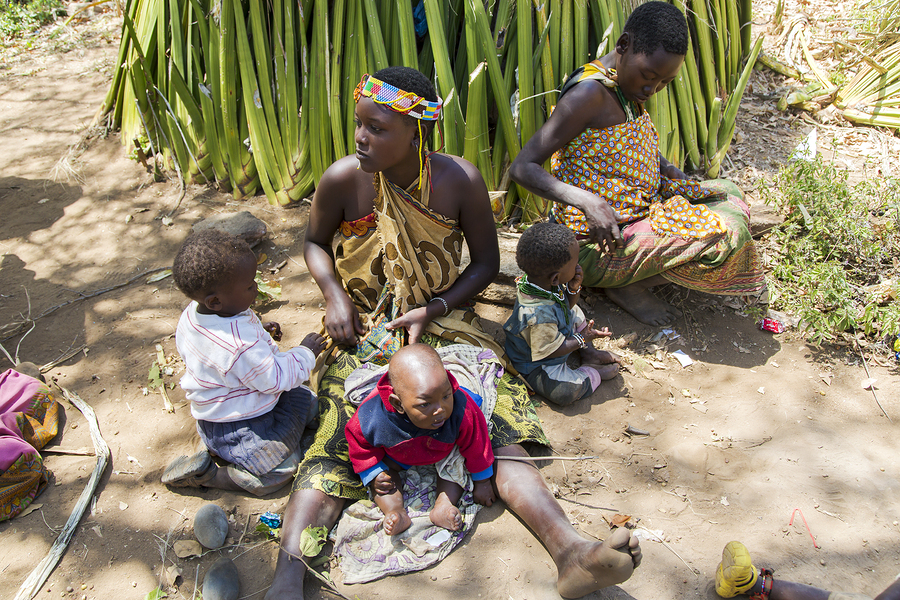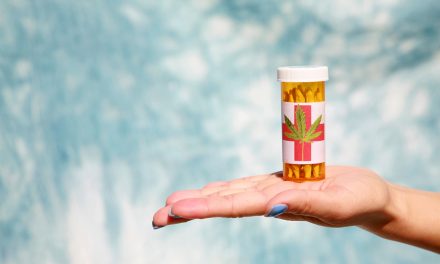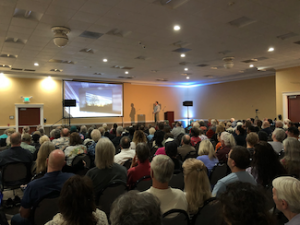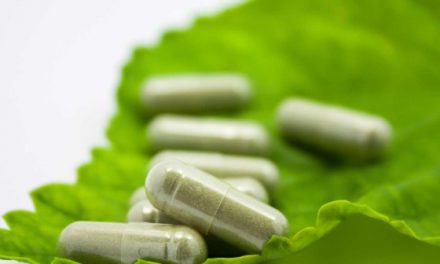Inside our guts are trillions of bacteria. Don’t worry though, they are supposed to be there and they play a huge role in our metabolism, immune system, and mood. In short, we need them. In fact, the unhealthiest of us tend to have low-diversity in our microbiomes. And this lack of diversity in our guts is getting worse.
“Mounting evidence suggests that the richer and more diverse the community of microbes in your gut the lower your risk of disease. Diet is key to maintaining diversity and was strikingly demonstrated when an undergrad student went on a McDonald’s diet for ten days and after just four days experienced a significant drop in the number of beneficial microbes.
Similar results have been Demonstrated in a number of larger human and animal studies.”1
Tim Spector, professor of genetic epidemiology at King’s College London, did just that when he spent a couple of days in Tanzania with the Hadza tribe, one of the last remaining hunter-gatherer groups in all of Africa.
RELATED ARTICLE:
“The Hadza seek out the same animals and plants that humans have hunted and gathered for millions of years. Importantly, the human-microbe tango that played out here for aeons probably shaped aspects of our immune system and made us who we are today.
In Hadza-land nothing is wasted or killed unnecessarily, but they eat an amazing variety of plant and animal species (around 600, most of which are birds) compared with us in the West.”2
After returning and submitting new fecal samples, his results showed “clear differences” between the starting sample and after just three days on a forager diet. In fact, his gut microbial diversity increased by 20% and included some African microbes. However, within a couple of days, his gut microbes had returned to near the same levels as they were before the trip.












